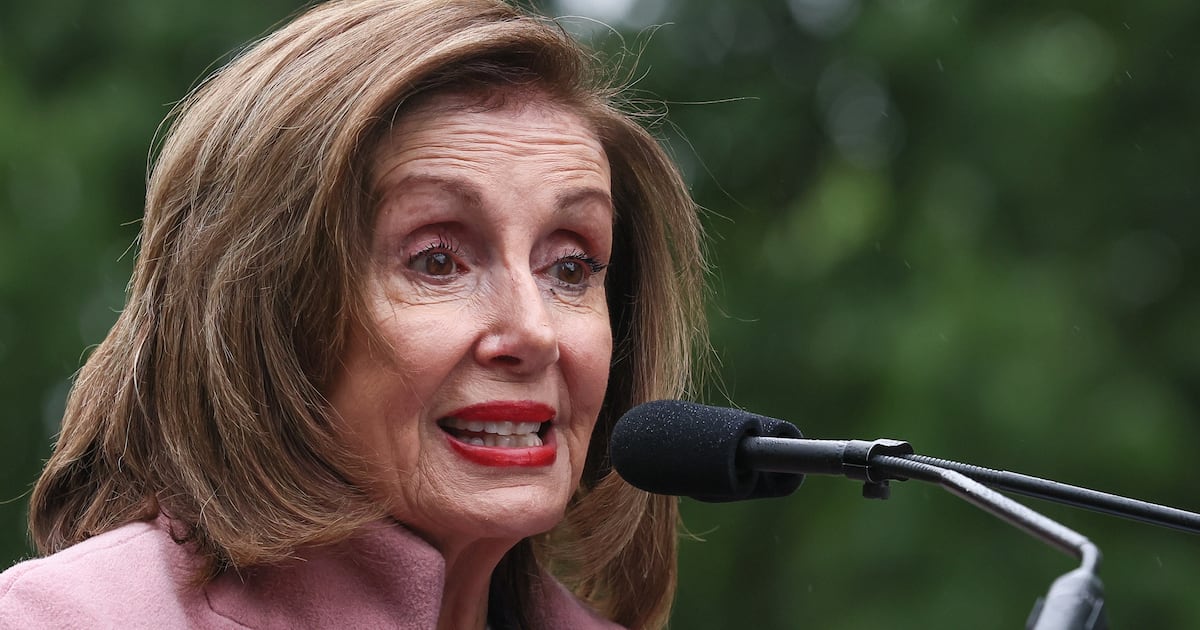It occurs to me that some of you may be wondering why I'm not obsessing over the fiscal cliff negotiations, so I thought that I would provide an answer, which is that negotiations like these always follow the same unsurprising pattern. Nothing really happens until the last minute.
I was involved in a labor negotiation once, when I worked at The Village Voice. I was one of six or seven stewards on the negotiating committee. Labor and management had six days, I think, to reach a three-year contract. This was around 1992, when the economy was in recession, and management had sent clear messages that no one should get hopes up about generous raises.
Day One brought the staking out of positions that were worlds apart from each other, and the little and very common propaganda moves like posting fliers around the office with an image of owner Leonard Stern's palatial home. As I recall, we wanted a front-loaded raise structure--higher percentages in the first year, so that employees could enjoy that largesse for the entire life of the contract. We were looking for something like 4 percent, 3 percent, 2 percent. Management was around 0-0-2, roughly.
So things stood for five tense days. There were other issues in play, nearly as fraught, and so for five days there was no movement at all. Then we hit upon the idea of trying to structure salary increases in such a way that the people at the bottom got more and the better-paid people less. One of our leaders brilliantly devised a formula that would accomplish this.
Management quibbled with the numbers but bought into the basic premise, and in the final day--really, the last 12 hours of the last day, staying up all night on a Sunday night--we came to terms. The higher-paid staffers weren't totally wild about this outcome, but this was The Village Voice, so no one could object too loudly without seeming like a reactionary tool of capital, and besides, the poor mailroom guys, Victor and Charlie, made all of $17,000 a year (our formula got them raises of something like 25 percent).
What does a piddling little negotiation like this (maybe 100 members in our shop, 120, something like that) have to do with these world-historical talks? Maybe not much; certainly, our management was mostly full of nice and decent people who were not dedicated to our political ruination.
But on one level, all negotiations are the same. Each side has to think about looking strong to its base or members. Then the eleventh hour comes and it's time to talk turkey. So nothing truly important seems likely to happen here, to me, until right after Christmas.
However, some event is needed to trigger the talking of turkey. In my case, it was our brilliant proletarian formula. It broke the tension. So one side or the other is going to have to come up with some semi-innovative way to settle some of the looming questions, or at least defer them in a creative fashion.
Of course, events could prove me wrong. There may be no deal at all before the New Year, which would not be a tragedy by any means, despite what you hear. And there could be a pre-Christmas limited deal. I was on Tamron Hall's show yesterday, and while I was in the green room, I watched a segment before mine, in which Michael Smerconish suggested that the Republicans should just agree on tax rates and pass a bill, giving Obama that victory but putting pressure on him to come to them on cuts. Makes sense to me.
But it probably makes too much sense for this GOP. Remember, John Boehner lives in fear of being braded a sell-out by his caucus, and of Eric Cantor taking his job. At any rate, what's going on now is just the usual dance, and so things will likely stay for a while. In any negotiation, it's silly to expect serious movement until the last minute. That's just how we're built.




